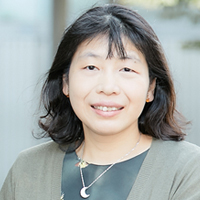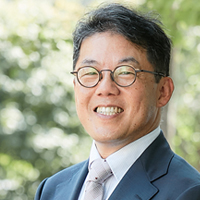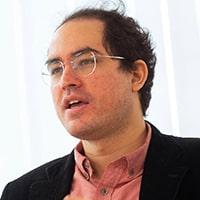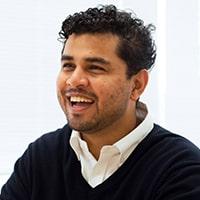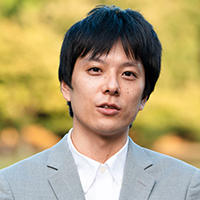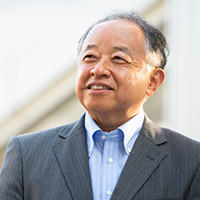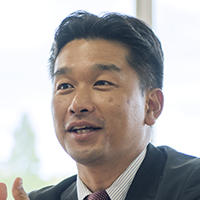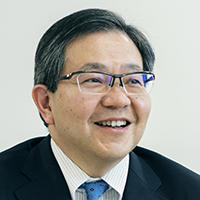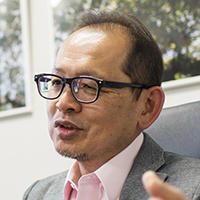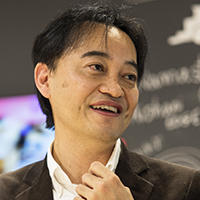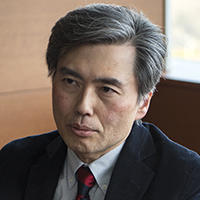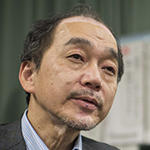SDM Voice|Prof. Hiroko Inokuma
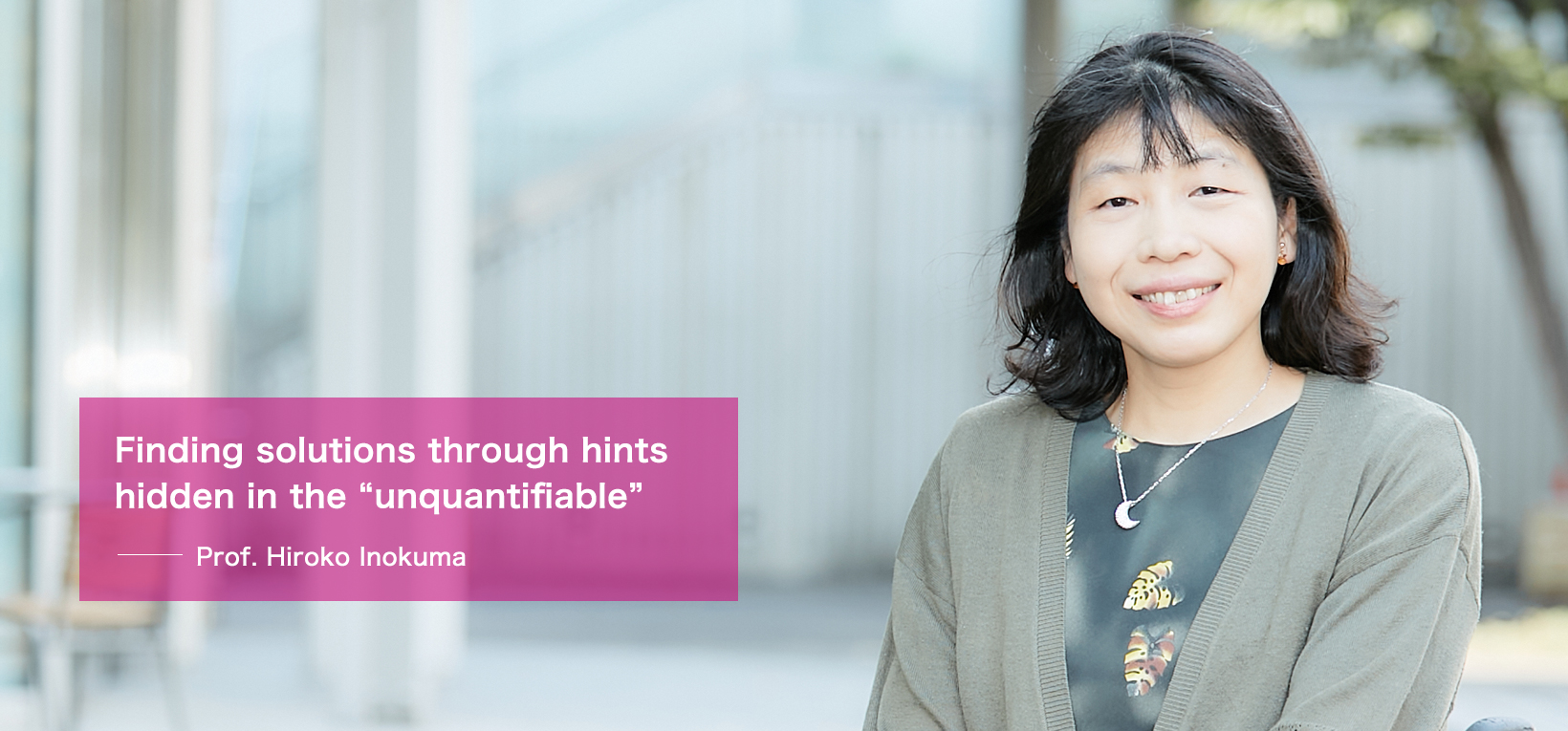
Professor Inokuma holds a Ph.D. in economics and has observed the management and finances of numerous companies firsthand while working as a certified public accountant. When applying a global lens to the inner workings of these companies, Inokuma witnessed countless issues brought to the fore. In this interview, we ask this international accounting professional to share her reasons for choosing SDM and what motivates her research.
Profile
Hiroko Inokuma
Professor, Keio University Graduate School of System Design and Management (SDM)
Inokuma is a certified public accountant. Prior to assuming her current position at Keio University, she worked for Ernst & Young ShinNihon LLC. She was also an associate professor at Tohoku University Accounting School and a professor at the Musashi University School of Liberal Arts and Sciences. Her areas of expertise are international accounting, financial and managerial accounting, auditing theory, tax accounting, and economic systems design. Her published works include Major Issues in Global Standardization of Accounting and Auditing System as well as several academic papers.
Corporate Globalization from the Accounting & Auditing Perspective
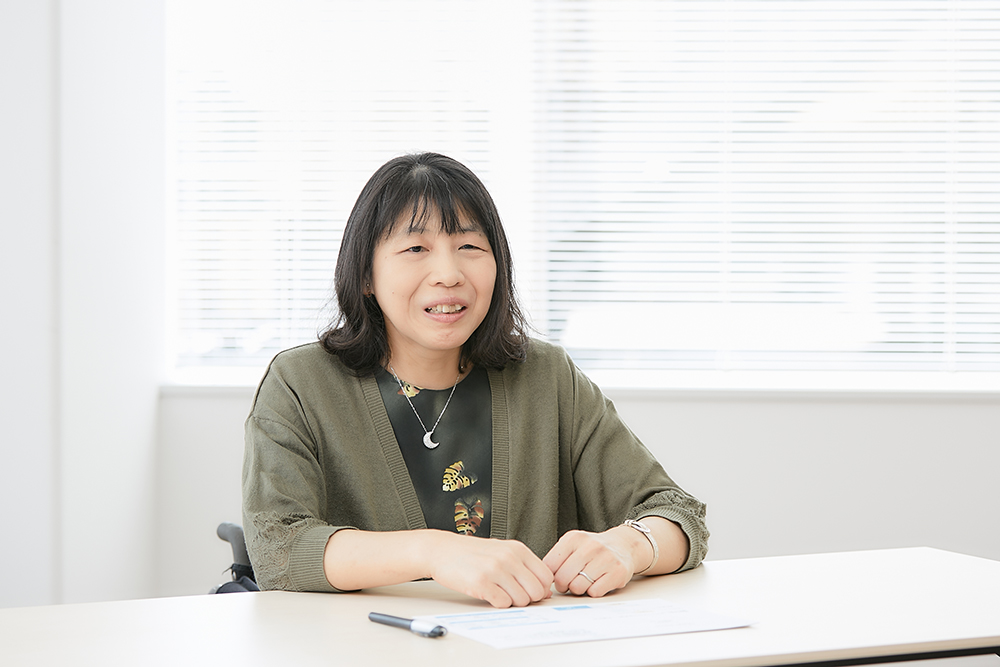
I specialize in creating policy around economic systems. The world has become more connected, allowing governments, companies, and funds to operate across borders. My research is based on the argument that this interconnectedness necessitates the creation of what I call "common rules." Consider the following: companies prepare a financial report at the end of every fiscal year. In essence, financial reports serve as a company's "report card." However, the rules that dictate how these reports are created and applied are different in each country. One could argue that it is impossible to properly evaluate corporate performance globally when each country uses different evaluation criteria. Naturally, this leads to a demand for universal benchmarks.
The introduction of one such benchmark, the International Financial Reporting Standards (IFRS), has been the subject of much debate in Japan. In practice, it poses significant issues. This is because each country's institutions are set up differently, with varying regulations, business conditions, and cultures--all obstacles to the process of reaching a unified global standardization. Likewise, the ways that countries regulate their currencies often differ as well as how much control regulatory bodies have over enforcing those methods. Even the EU, which has a common currency, has been unable to achieve fiscal integration. This failure is due to incongruent economic systems among member states.
In short, when looking at the global economy, the merits of creating common international rules seems to be apparent. However, the costs and effort involved in altering existing frameworks to implement said rules into national-level policies are insurmountable. Further complicating matters, the benefits may not always outweigh the costs. This is where investors and other stakeholders come into play. The result is every country trying to set rules that benefit themselves. This is a battle of the systems, not unlike what is seen in politics.
Designing New Systems that Bridge Academic Disciplines
There is not a single real-world issue facing the planet--be it environmental concerns, poverty, or others--that can be fixed without engaging multiple academic disciplines. And it is precisely because there are interests at stake that well-reasoned arguments alone cannot solve them. We do not stand to make real progress on these issues without the backing of a collective academic body--one composed not only of accounting specialists, but a variety of disciplines including law, economics, sociology, business administration, and psychology. This is why I chose SDM; its interdisciplinary environment.
To look at this topic from another angle, it is true that all social issues involve money. Accounting as an academic discipline seeks to understand the way that money moves. The value of accounting lies in how it captures reality; it produces concrete figures, not vague abstractions. We follow the behavior of companies, which can then be extrapolated to predict how industries, sectors, governments and, ultimately, the world behaves. Accounting flips the popular saying on its head--we see the forest by looking at the trees.
But it is important to go beyond mere observation. Accounting is about finding the correct approach to a specific situation and coming up with a detailed plan of action. This requires taking things apart and putting them back together. We look at things hypothetically, breaking down situations and reorganizing them by stakeholder, or arranging them chronologically. Then we reconstruct and consider how things would function holistically. We refine this process while incorporating feedback and propose designs for new systems.
Economics is a subject that involves both theory and practice. SDM specializes in taking those results and trying to implement them in the real world. When pitching hypothetical ideas, we are not even bound by current real-world constraints. I believe that we should think beyond modern-day limitations so that we can innovate. These breakthroughs will open new doors, and is what I find to be the most fascinating aspect of academia.
Organizations that See the Macro Level, and People that See the Micro Level
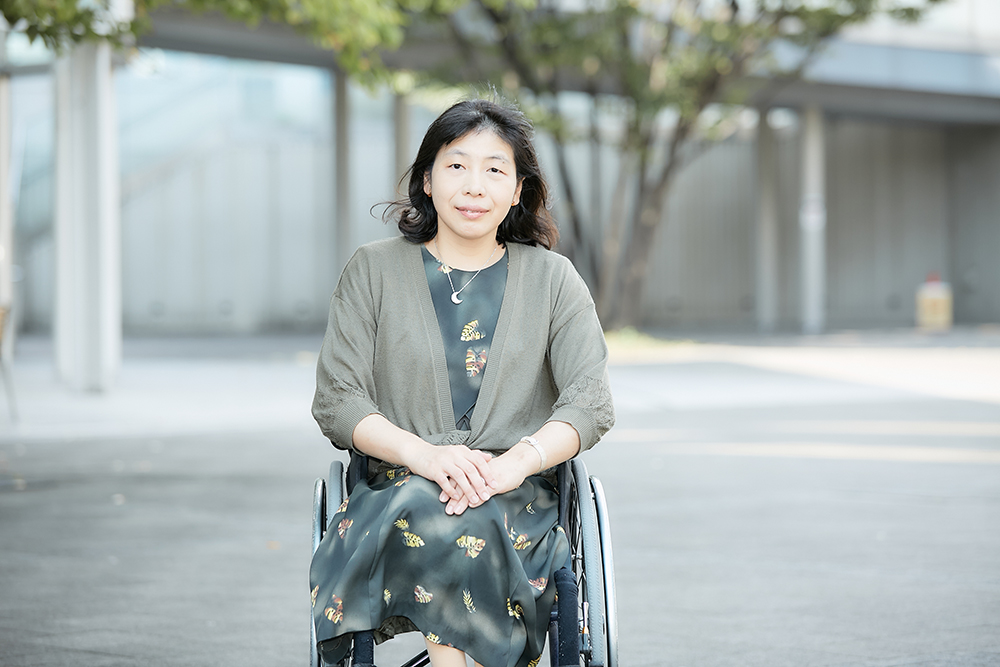
It is in our nature to make judgements based on how things affect us personally. This is especially true when it comes to profit and loss; it is extremely difficult to remove oneself from the equation and make unbiased decisions. That much is evident in today's global capitalist economy.
What we can infer is that while economic systems are a matter of structure from a macro perspective, from a micro perspective, it is undoubtedly people who make it work. And because people tend to make self-serving judgements, there are myriad harmful effects on the globe. The greater good is quickly overshadowed by personal interests.
We need to think in more abstract and flexible terms to pierce through the fog that limits our perspectives, look at the big picture, identify problems, and restructure our logic accordingly. From there, we locate the core of our approach, and re-design it to be used in other fields. This thought exercise can be extrapolated to any field.
Meanwhile, the more elaborate one's thinking becomes, the more obvious it becomes that not all "variables" can be put into numbers. How do you measure the feelings of the employees who work for a company, or the families that they have at home--essentially, the "human" factor.
Ultimately, we cannot forget to place value on things that are "unquantifiable." They are vital. Put simply, the things that cannot be measured are the very core of "management." The purpose of all academic disciplines is to better our world and to enrich people's lives. I believe that the beauty of SDM is the freedom to discuss such things in dead earnest.
SDM has a diverse student body and a faculty full of unique personalities. I am convinced that this environment offers a unique space for exploration. I want to give and receive to the utmost of my abilities and utilize the fruits of my efforts to improve the world. That is my goal as a researcher and as an accounting professional. I sincerely look forward to welcoming you all at SDM.

